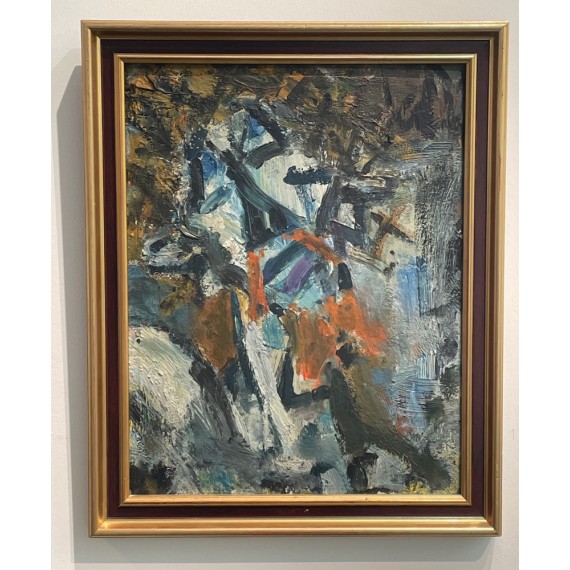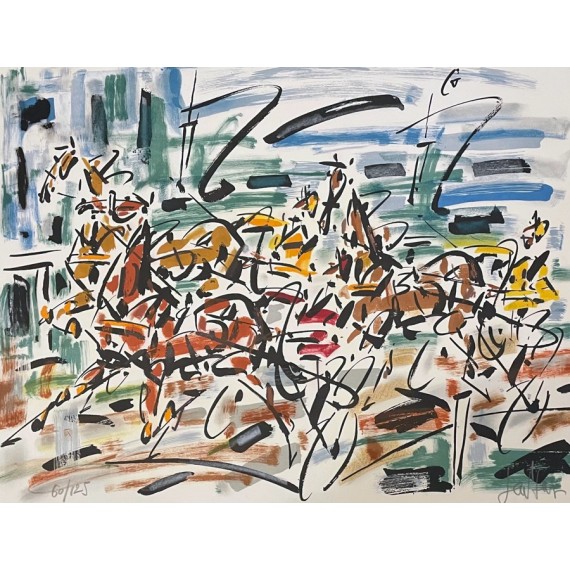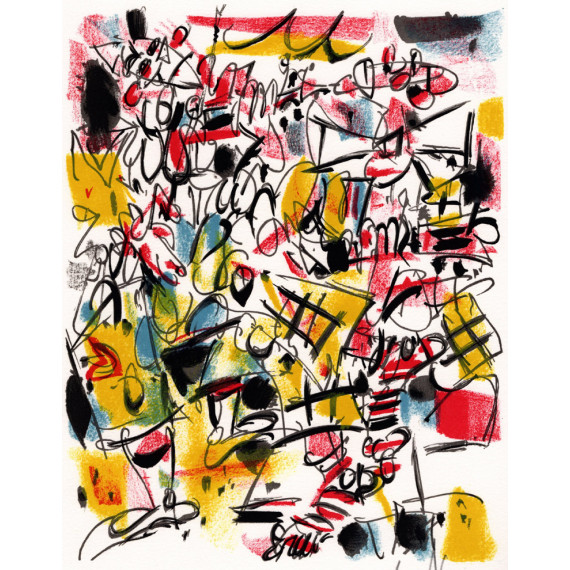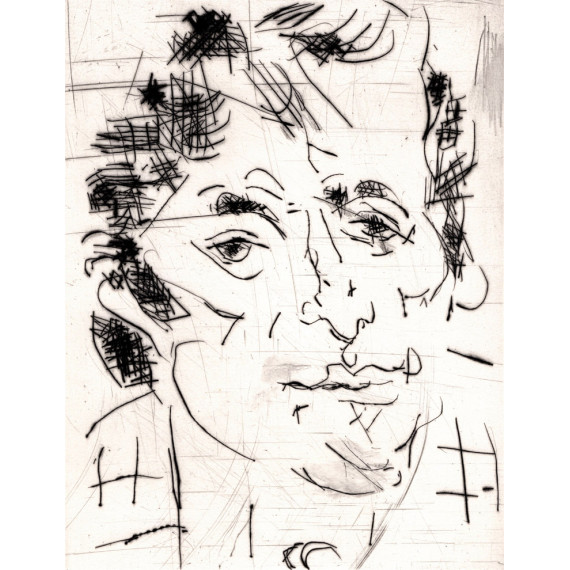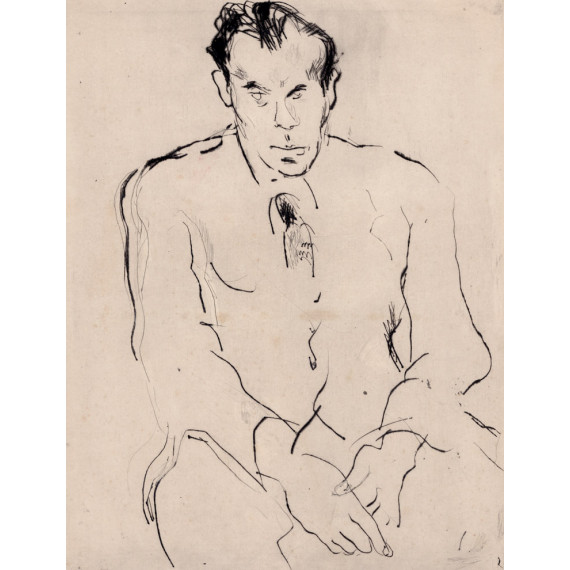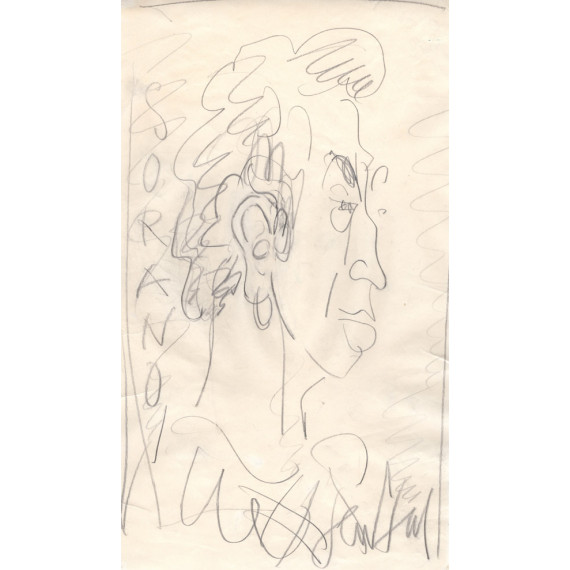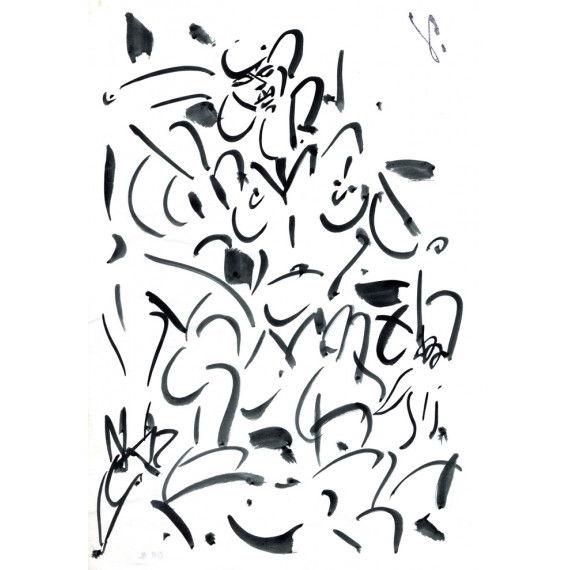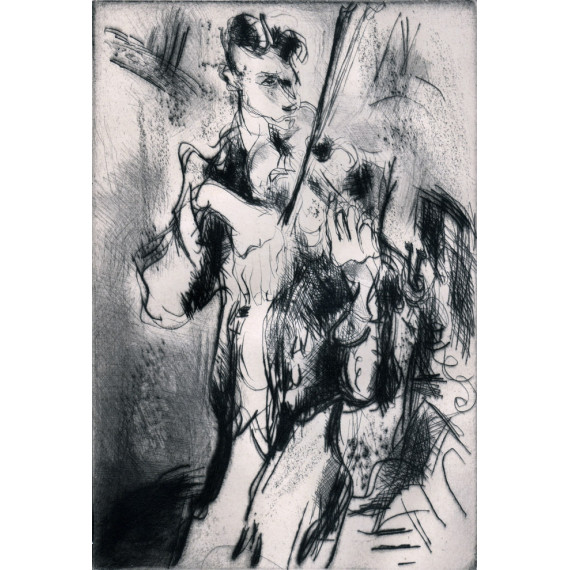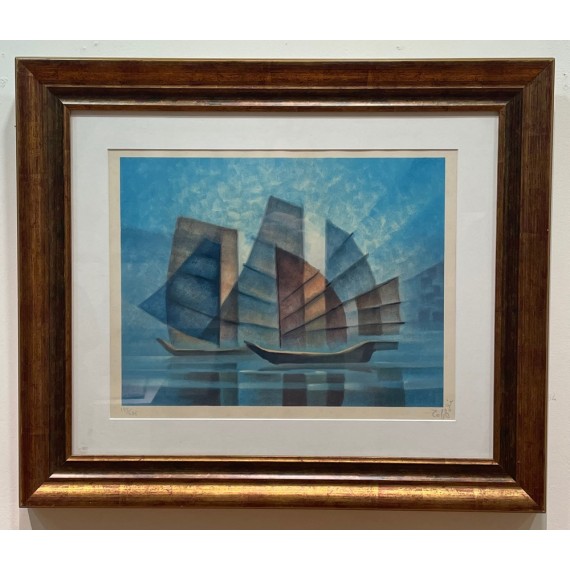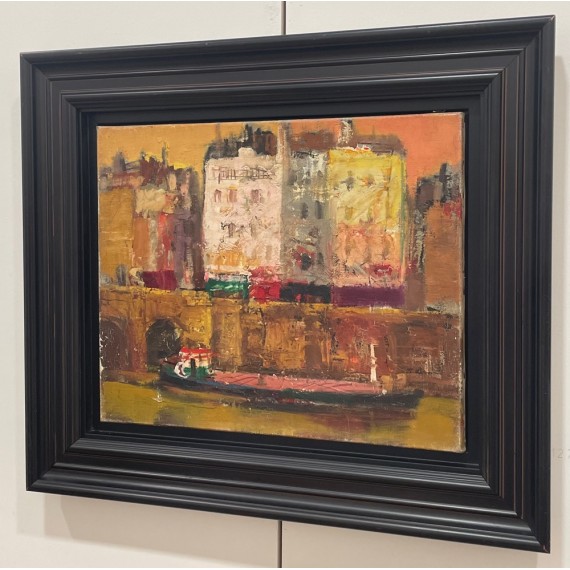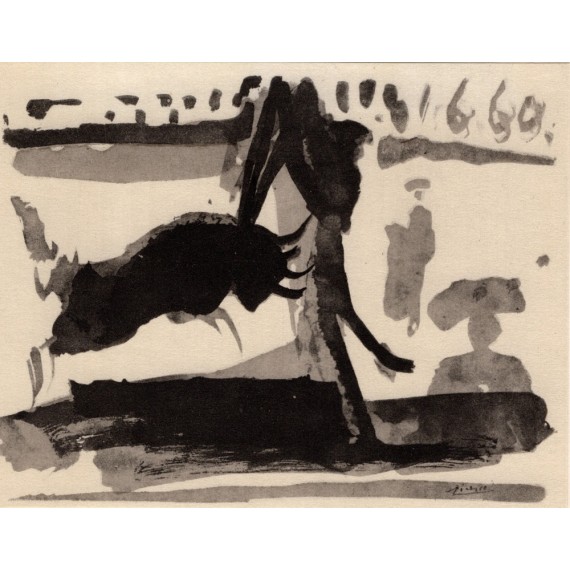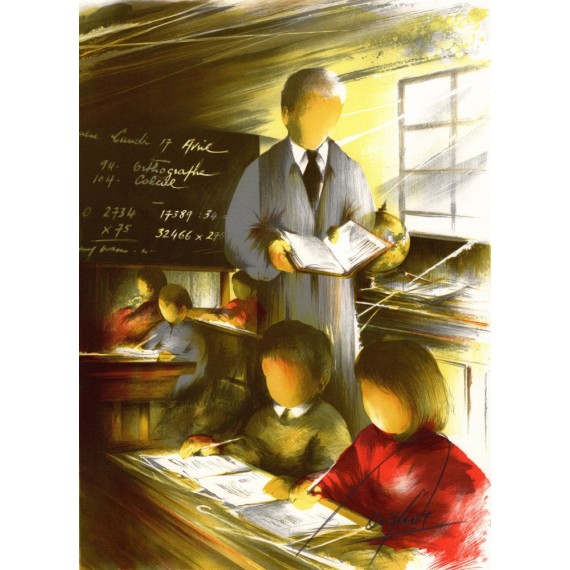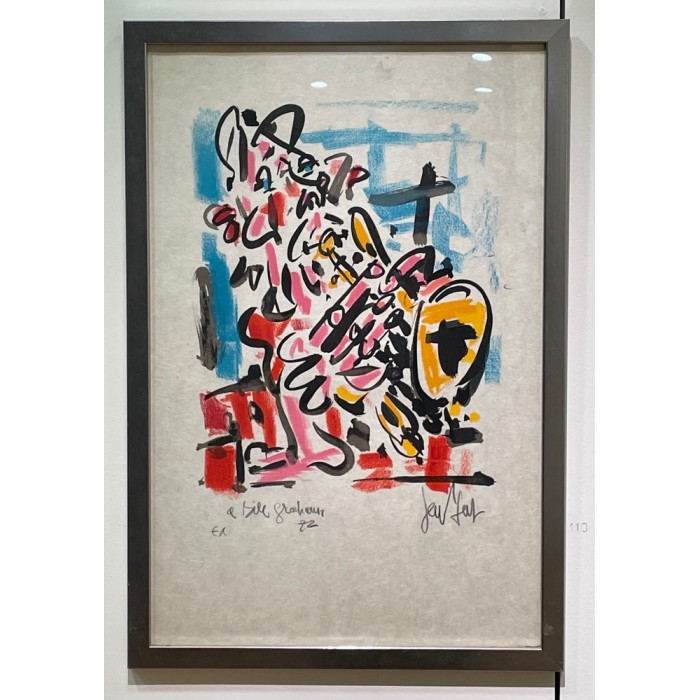
GEN PAUL
Lithograph - To die for the Fatherland is the most beautiful fate
GENPAUL
Availability: In Stock
New product
500,00 €
///////// DESCRIPTION /////////
Lithograph on paper.
Signed in pencil by Gen Paul.
Artiste proof ( EA )
Date: dated 1972
Dedicated to " Bill Graham "
The artwork is sold without the frame if shipped. The frame is included as a gift, free of charges, only for pick up.
CERTIFICATE OF AUTHENTICITY BY JULIEN ROUSSARD, SPECIALIST OF THE PAINTER.
///////// PROVENANCE /////////
- Private collection, Paris.
///////// BIOGRAPHIE /////////
Gen Paul
born in Montmartre in 1895, died in Paris in 1975. He is one of the greatest French expressionist painters and has produced several works during his full expressionist period considered as masterpieces.
His career began on the Butte Montmartre, initiated by great artists who lived there and that Gen Paul meets in this village: Frank-Will for painting, Eugène Delâtre for engraving.
His career is divided by all historical observers and art critics in four periods and will be marked from the beginning by the injury of Gen Paul during the First World War, which caused him to lose his right leg.
It is from 1924, that Gen Paul initiates a solitary evolution, and enters its full Expressionist period where it heckles the subjects and comes to create a personal form of expressionism of the movement, extremely gestural, based on the emotion and intensity, which will make it one of the greatest French expressionist painters. Faces and characters take on more and more importance, especially hands.
Until September 1930, he traveled, worked constantly, seized with a kind of creative frenzy. The Bing Gallery, one of the most important in Paris, exhibits him in 1928 with his contemporaries Picasso, Rouault, Braque, and Soutine. Bing in a long text devoted to Gen Paul explains the importance of his painting and his talent. He paints musicians that we can feel playing, impressive portraits, as well as Basque landscapes, views of Montmartre where everything comes alive, is moving.
Exhausted by a life too intense, undermined by alcohol and an infection contracted in Algiers, Gen Paul collapses as he passes through Madrid in 1930, and will not find the same energy in his painting. But he will continue to realize works of great importance. Observer of his time, he captures the evolutions of his time, and is a precursor of American Abstract Expressionism.
We can not talk about Gen Paul without mention his strong personality that will have marked all the people who attended him or even crossed him. In his studio was a kind of cenacle on Sunday morning; the whole Paris went there, comedians, musicians, doctors, writers, painters ...
Hospitalized in 1975, he died of cancer the same year. A sublime retrospective was dedicated to him in 1995, on the occasion of the centenary of his birth, at the Couvent des Cordeliers in Paris. Directed by André Roussard and Carlo a Marca, this exhibition brought together a hundred or so expressionist works from the second period (1924-1930), considered as masterpieces of painting. The Gazette of the Drouot Hotel commenting on the exhibition qualifies the painter as follows: "Gen Paul is undoubtedly the greatest representative, and perhaps the only, expressionist of the French tradition". André Roussard was one of the main merchants of Gen Paul. He organized the biggest exhibitions dedicated to him after his death, and wrote his biography in 2006 considered as the only text of historical reference of quality.
His son, Julien Roussard, is today the reference person in the field, taking over from his father who died in 2013. He is a specialist in Gen Paul. He organized several exhibitions of Gen Paul and the exhibition "Pre-War / Post-War" in October 2012 which was the main personal exhibition organized by an art gallery for Gen Paul. More than one hundred artworks representative of all the artist's periods have been shown in two places, thus offering a complete panorama of the work of Gen Paul.


